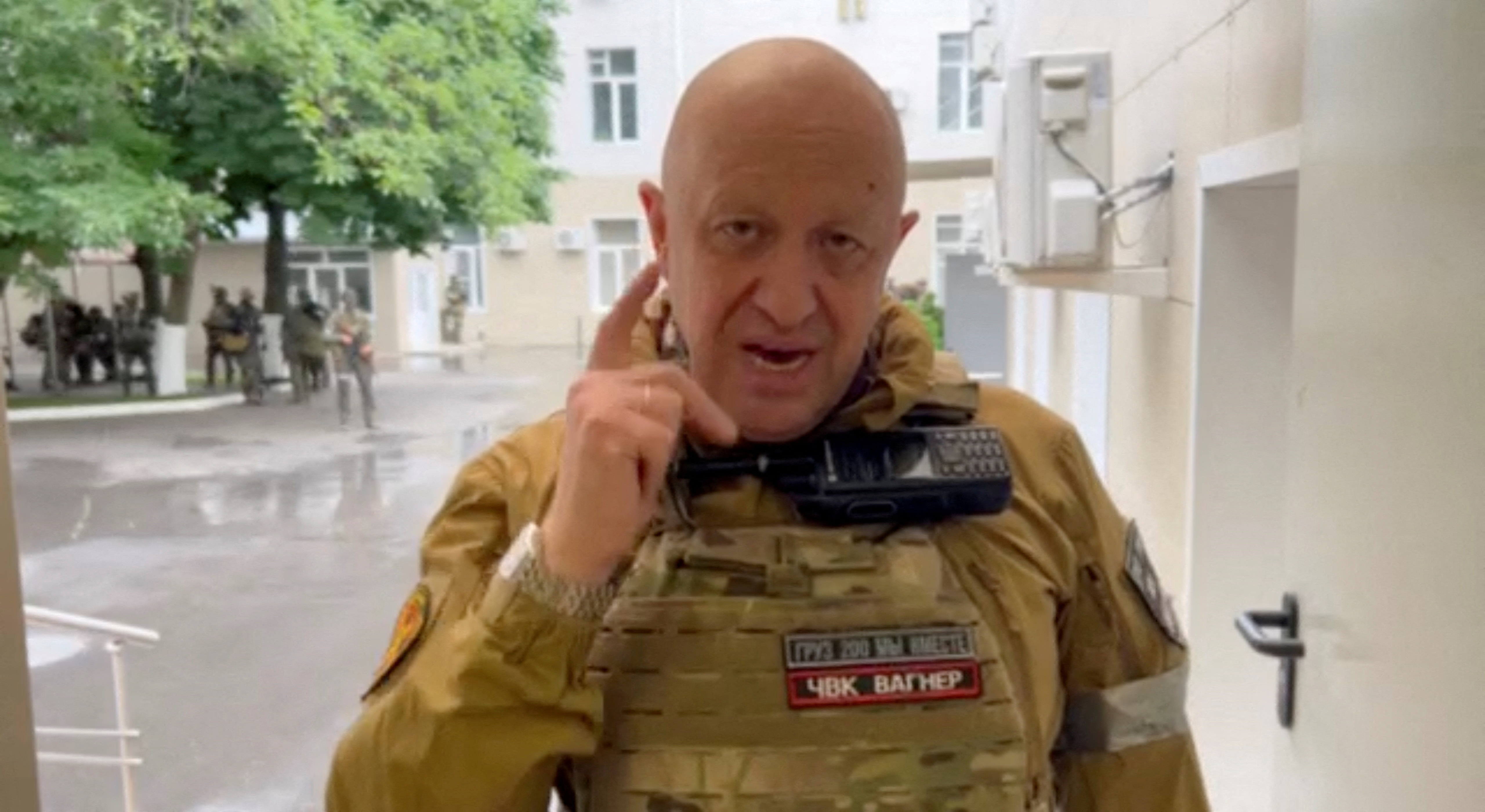A year ago, on August 23, 2023, to be more precise, a plane crashed in the Tver region of Russia, claiming the lives of ten people, including Yevgeny Prigozhin, the notorious leader of the Wagner Group. The crash was shocking, but the implications were even more chilling. Was this merely an accident, or was Prigozhin silenced by the very government he once served so loyally?
In the weeks following the crash, the Kremlin quickly dismissed any foul play, attributing the incident to a mechanical failure. But let's not kid ourselves—this explanation is too convenient, too clean. After all, Prigozhin wasn't just any oligarch; he was a man who challenged the Russian state, leading a mutiny against Putin's military hierarchy just two months prior. The timing is far too coincidental to ignore.
Prigozhin's fall from grace was swift and public. His Wagner Group was instrumental in Russia's foreign interventions, from Syria to Africa, often operating in the shadows where the Kremlin wanted plausible deniability. But when Prigozhin openly defied Putin, demanding accountability for the disastrous conduct of the war in Ukraine, he crossed a line. The Kremlin might tolerate corruption and power struggles, but open defiance? That’s a death sentence in a regime where loyalty is valued above all else.
Theories abound about what really happened on that flight. Some suggest a bomb was planted on board, while others argue that the plane was deliberately shot down. The details are murky, but the message is clear: betray the Kremlin, and you're signing your own death warrant.
This isn't the first time a prominent figure in Russia has met a suspicious end. Consider the case of Alexei Navalny, the staunch critic of Putin's regime who died under mysterious circumstances in prison on February 16, 2024. Official reports claim he succumbed to an illness, but who believes that? Navalny had been a thorn in Putin's side for years, rallying opposition and exposing corruption at the highest levels. His death, just like Prigozhin's, reeks of state-sponsored assassination.
It's almost poetic, in a macabre sense, how these men, once powerful in their own rights, were crushed by the very system they sought to reform or exploit. Prigozhin, the mercenary kingpin, and Navalny, the anti-corruption crusader—both fell victim to the iron fist of a government that tolerates no dissent.
Of course, the Kremlin denies any involvement, as they always do. But in a country where journalists are murdered for their work, where political opponents are poisoned, and where oligarchs who fall out of favor suddenly find themselves behind bars or worse, it's hard to take these denials at face value. The Russian government has a long history of silencing those who pose a threat, whether through direct action or by letting nature take its course—albeit with a little push.
So, was Prigozhin assassinated? It's a question that may never be answered definitively, but all signs point to yes. In Putin's Russia, power is a double-edged sword, and those who wield it must do so with unwavering loyalty. Prigozhin forgot that, and it likely cost him his life.
Personally, I can't shake the feeling that this was inevitable. When you play the game of thrones in Russia, you either win or you die—usually the latter. Prigozhin's demise serves as a grim reminder that no one, no matter how powerful or connected, is safe from the wrath of a betrayed dictator.
And now, I suppose Prigozhin is up in heaven, still yelling at Shoigu and Gerasimov about that damn ammo shortage. Though I doubt they'll be rushing to send him any supplies.
But that's just my take. What do you think? Was this a tragic accident, or a calculated move by the Kremlin? Share your thoughts in the comments below.

Commenti
Posta un commento